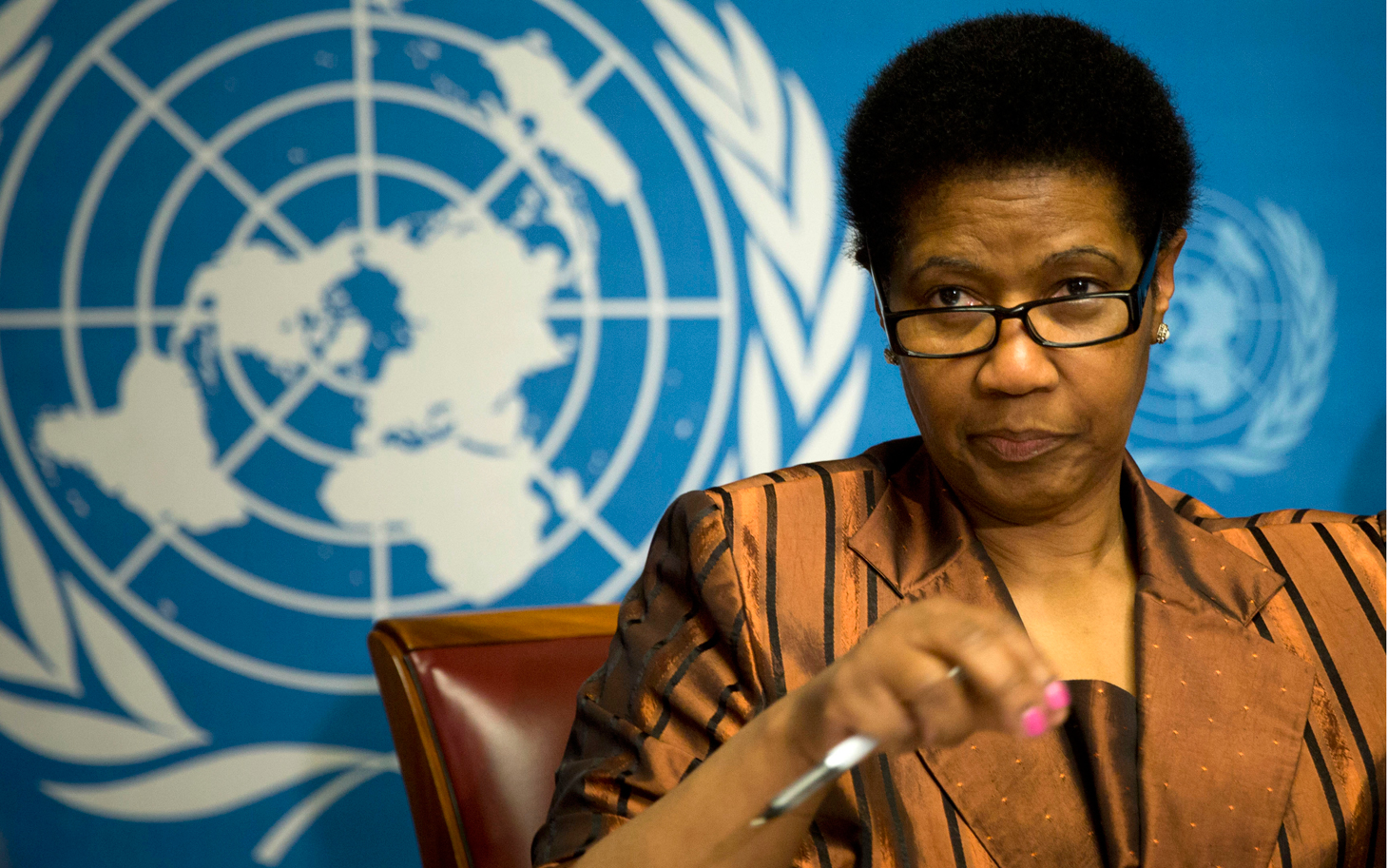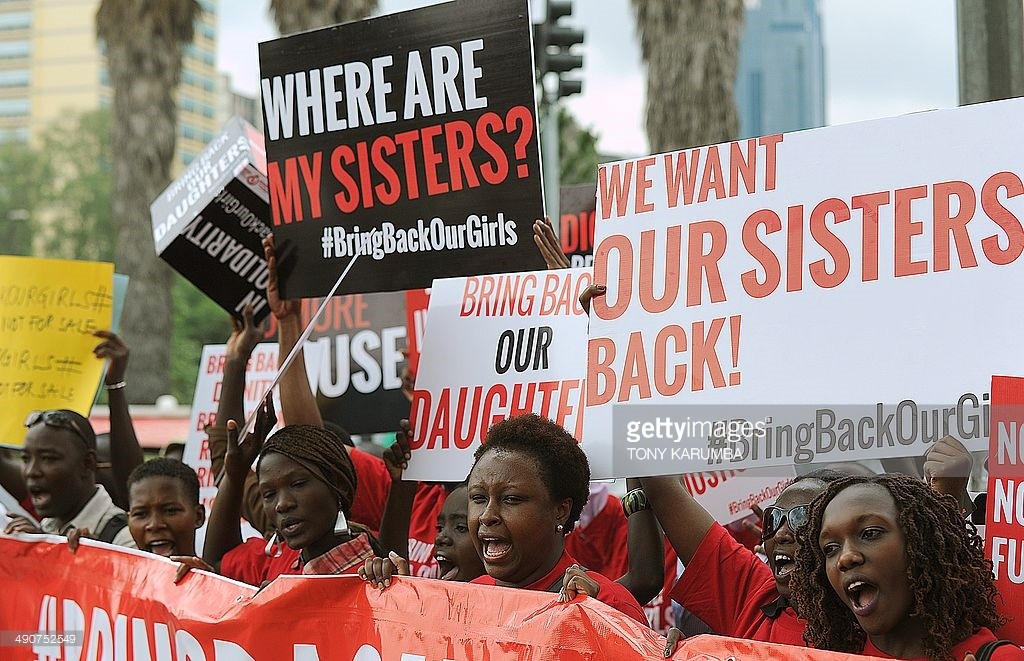This year’s theme captures the vibrant life of the women activists whose passion and commitment have won women’s rights over the generations, and successfully brought change. We celebrate an unprecedented global movement for women’s rights, equality, safety and justice, recognizing the tireless work of activists who have been central to this global push for gender equality.

What we see today is a remarkable gathering of strength among women all over the world, demonstrating the power of speaking with one voice, as they call for opportunity and accountability, drawing momentum from grassroots networks and coalitions that stretch right up to government leadership. These movements grow from the work of multigenerational activists – from the late feminist human rights leader Asma Jahangir of Pakistan, to the powerful new generation represented by young women like Jaha Dukureh of The Gambia, UN Women’s Regional Goodwill Ambassador for Africa on ending FGM and child marriage.
Healthy societies have a wide mix of voices and influences that provide the checks and balances, the differing threads of experience and perspectives, and the debate that shapes good decision-making. Where voices are missing, there is an important gap in the fabric of society. When those quietened voices count in the millions, we know there is something wrong with our world. Similarly, as we see and hear those voices rise in strength and solidarity, we feel the power of something right.
We salute those who have bravely spoken out to gain access to justice, such as those from the #MeToo movement, who in recent months have found their voice in social media in more than 85 countries to expose those who have preyed on the less powerful and shown how when women support one another, they help to overcome stigma and ensure that their stories are believed.
We acknowledge those who have taken to the streets in India to decry the murder and rape of young children, turning protests into broader-based movements that engage entire communities. We honour the indigenous leaders who have stood up for their custodial rights to land and traditional practices, and the human rights defenders who have even lost their lives for their cause.
The feminist movement must continue to increase the diversity and the number of people working on gender equality, bringing in individuals and groups – such as men and boys, young people and faith-based organizations – to support and shape the agenda, so young men and boys learn to value and respect women and girls and so men can change the way they behave. Today’s activism needs to alter the way we listen to women and the way we look at them, recognizing the power of stereotypes to influence how we value people. A movement of women that can address these issues is critical, but we also need a movement of male feminists.
This has to be a tipping point; an end to impunity and the silent suffering of women in rural and urban areas, including women domestic workers. Today’s activists must empower those most likely to be left behind, the majority of whom are women, as our latest report, Turning Promises into Action reveals. Across all regions, women are more likely to live in extreme poverty than men. This gender gap is as high as 22 per cent for the 25 – 34 age group – women’s peak reproductive years, starkly highlighting the dilemma so many face of reconciling income with care – for which policy change and action is so needed.
UN Women has a special relationship with the women’s movement; we arose from that activism. Civil society has had a historically crucial role in leading global action on gender equality by promoting reform, highlighting the complexities of the challenges facing women, influencing policies, participating in monitoring, and upholding accountability.
We must deliberately create stronger support for women’s political activism and a broader space for women’s civil society voices so that our efforts combine to target those who truly need change most. The culture of gender-based poverty, abuse and exploitation has to end with a new generation of equality that lasts.

